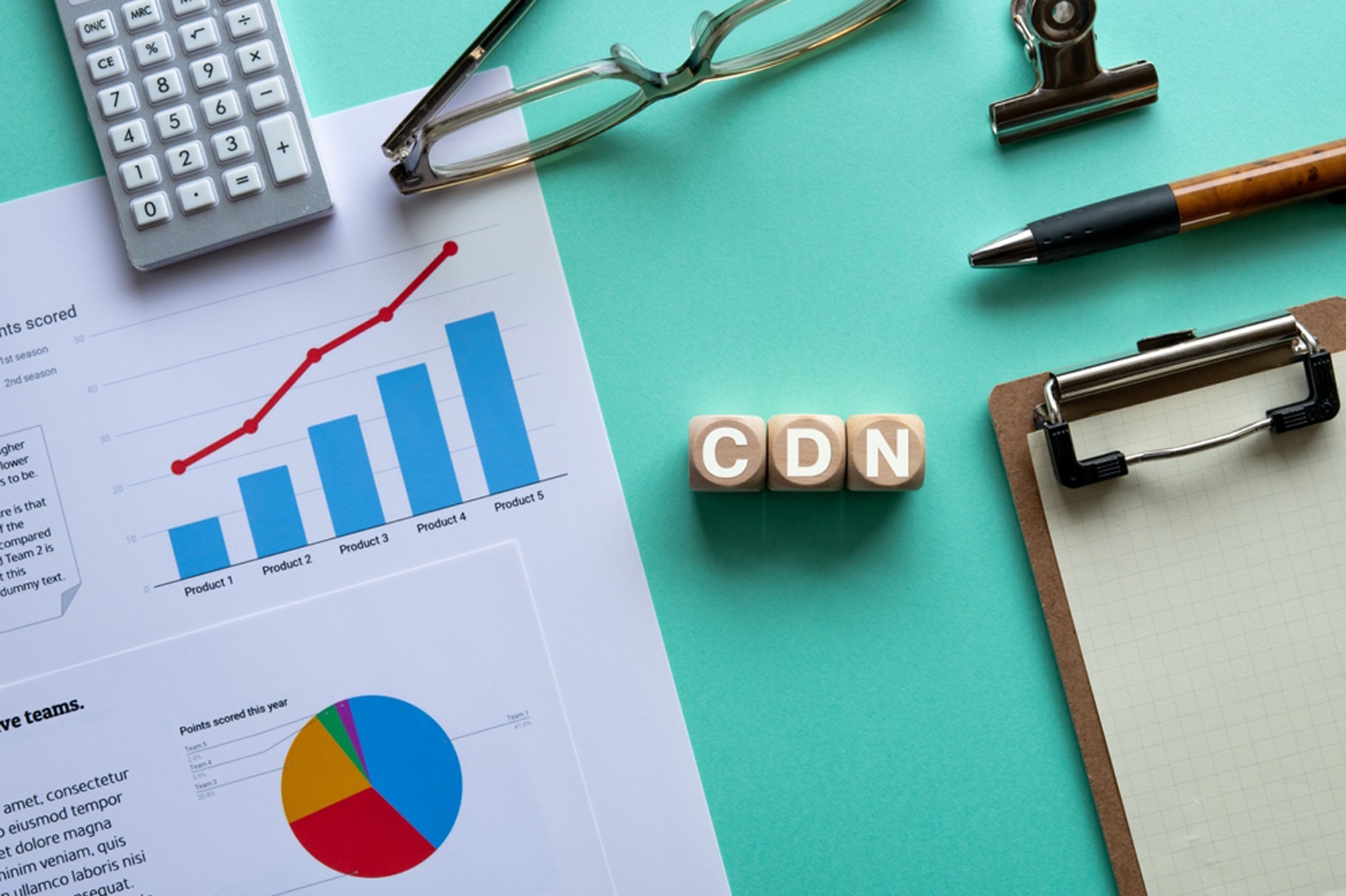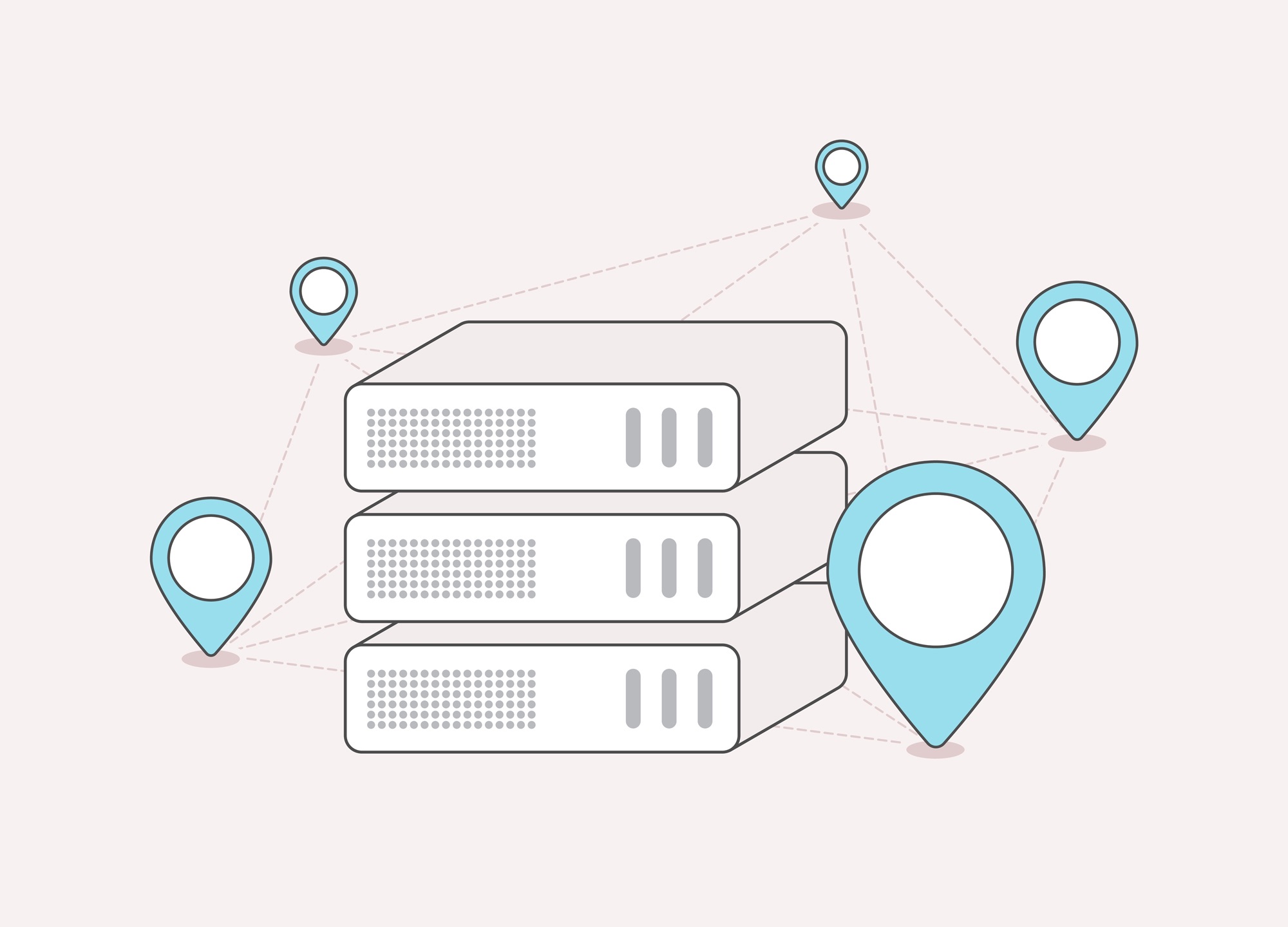CDN in the current digital transformation era, protecting websites from cyber security threats has become a top priority for any business. DDoS (Distributed Denial of Service) attacks are one of the biggest threats that websites face.
Content delivery networks not only help improve page loading performance but also play an important role in protecting websites from DDoS attacks. In this article, we will explore how this service protect your website and why it is an indispensable part of your cybersecurity strategy.
1. What is a DDoS Attack?
1.1 Definition of a DDoS Attack
A DDoS attack is a type of cyber attack in which an attacker uses multiple computers (usually infected with a virus) to send a large number of requests to a website or server. The goal is to make the service unavailable by overloading the server with fake traffic.
1.2 Types of DDoS Attacks
Flooding Attacks: Send millions of requests to the server in a short period of time.
Protocol Attacks: Focus on vulnerabilities in network protocols, such as SYN floods.
Application Layer Attacks: Target specific web applications, making them unable to handle requests from real users.
2. Why is CDN Important in Website Security?
2.1 Traffic Load Distribution
A CDN is a network of servers distributed across the globe. When a website uses a CDN, traffic is distributed to many different servers. This not only helps to increase page load speed but also helps to reduce the risk of DDoS attacks.
2.2 Increase Load Capacity
When a DDoS attack occurs, it is important to have many servers ready to handle the traffic. Capable of handling millions of requests simultaneously without disrupting service. This helps protect websites from disruptions caused by attacks.

3. How CDNs Protect Websites From DDoS Attacks
3.1 Built-in DDoS Protection
Many this service providers, such as DCX or Cloudflare and Akamai, offer built-in DDoS protection features. These features can automatically detect and block malicious traffic, helping protect websites from attacks.
3.2 Real-Time Traffic Analysis
CDN service provide real-time traffic monitoring and analysis, which can help detect unusual traffic patterns early. When a DDoS attack occurs, the CDN can quickly apply protection measures to minimize the impact.
3.3 Web Application Firewall (WAF)
This servce often come with a web application firewall (WAF), which helps protect applications from potential vulnerabilities and attacks. WAFs are capable of analyzing traffic and blocking suspicious requests, protecting website data and resources.
3.4 Malicious IP Blocking
Capable of blocking IP addresses that are identified as malicious or have suspicious behavior. This helps prevent attackers from accessing your website and protects your resources from attacks.
4. Other Benefits of Using CDN
4.1 Increase Page Load Speed
In addition to protecting against DDoS attacks, it’s also help increase page load speed. Content is stored on servers close to users, reducing latency and improving user experience.
4.2 Save Bandwidth
When static content is served from a CDN, the origin server is offloaded, saving bandwidth and resources. This can help reduce operating costs for businesses.
4.3 Enhanced Security
This service not only protect against DDoS attacks, but also provide additional security features such as SSL encryption, anti-phishing, and anti-virus, ensuring the safety of user data and information.

5. Featured Providers
5.1 Cloudflare
Cloudflare is one of the leading CDN service providers, known for its strong DDoS protection. They offer a free plan for individual users and small businesses.
5.2 Akamai
Akamai is one of the oldest and most trusted this service providers, known for its ability to protect against major attacks and provide a variety of security solutions.
5.3 Amazon CloudFront
Amazon CloudFront provides CDN services integrated with other Amazon Web Services (AWS) services. They provide many security features and high load capacity.
5.4 Fastly
Fastly is a modern service, featuring fast speed and high customization, providing good protection solutions for websites.
5.5 StackPath
StackPath provides CDN services with built-in security features and high performance, suitable for small and medium-sized businesses.
6. How to Deploy to Protect Websites
6.1 Choose the Right Provider
When choosing a provider, consider factors such as security features, price, and scalability. Choose a provider with experience in DDoS protection.
6.2 Configure Properly
After choosing a provider, you need to configure the to suit the needs of your website. This includes redirecting static content to a CDN and enabling DDoS protection features.
6.3 Performance Monitoring
Use analytics tools to monitor your website’s performance after implementing. Monitoring traffic and detecting DDoS attacks early will help you take timely action.
7. Conclusion
A content delivery network not only helps speed up page loading and improve performance, but also plays an important role in protecting your website from DDoS attacks. With the ability to distribute traffic load, built-in DDoS protection features, and web application firewalls, this service become an indispensable part of any business’s cybersecurity strategy.
If you want to protect your website from DDoS attacks and improve user experience, consider implementing a suitable solution. Hopefully, this article has provided you with useful information about the relationship between CDN and cybersecurity. If you have any questions, leave a comment and we will assist you!
* Contact us:
- Email: dc@dcx.com.vn
- Phone: 0333361599
- Facebook: https://www.facebook.com/DCX.Tech.Solutions/
